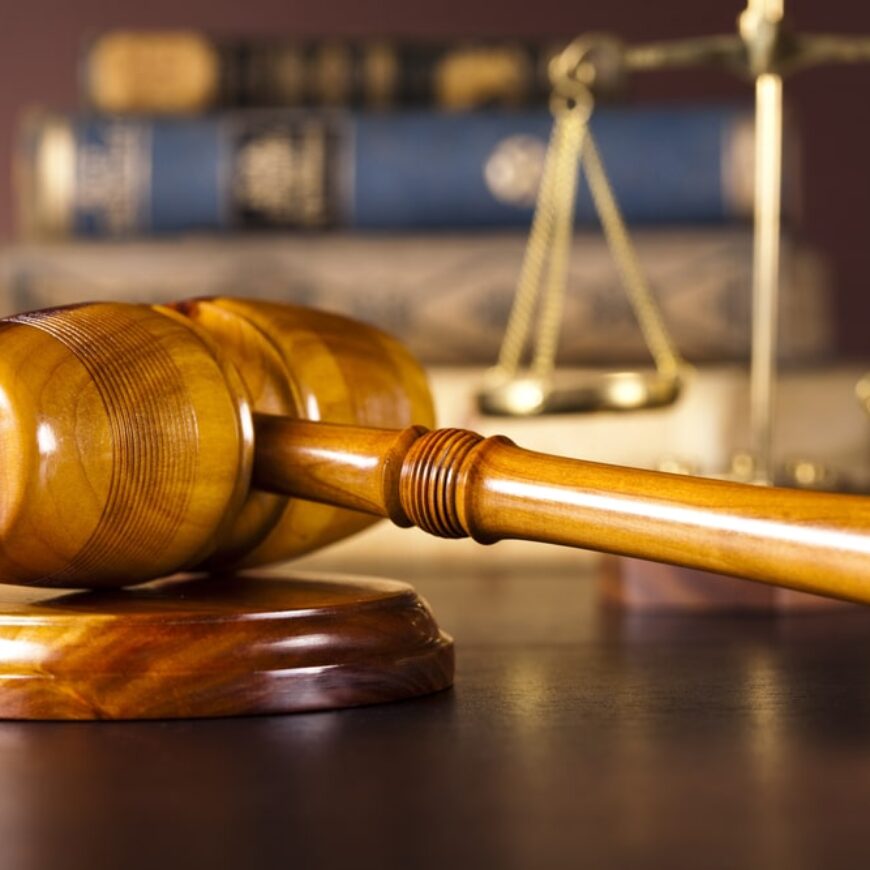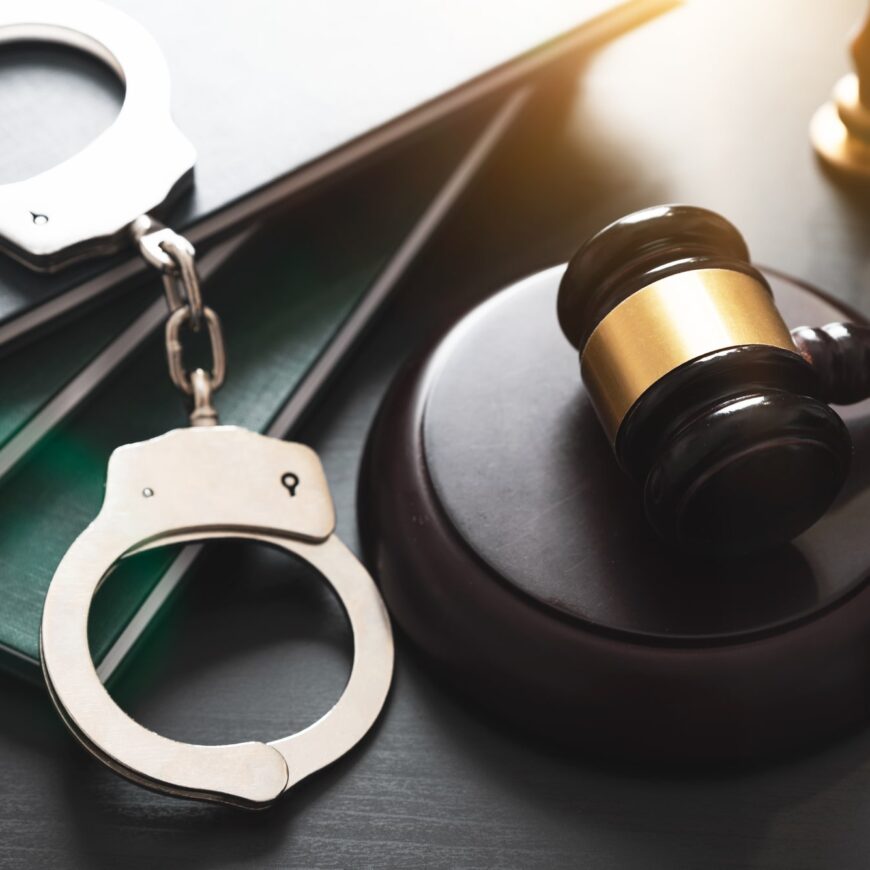Personal Injury Lawyer
When the loss of a job, an illness or another major unexpected event throws your finances into chaos, bankruptcy may be an option for reorganizing or erasing your debt. This can be a major decision and there are many different steps to the process, including an appearance in court. While this may be a stressful thought, knowing what to expect can offer you peace of mind in an otherwise trying time.
The Initial Filing
Whether you choose Chapter 7, which liquidates your assets to pay off your creditors, or Chapter 13, which reorganizes your debt and provides you with a payment plan, the process begins with the filing motion. This means that you gather your documents, fill out the proper forms related to the bankruptcy, and take them to your local courthouse. In reality, this is not even a court appearance, as all that is necessary is for you to submit the papers to the clerk. If you have an attorney assisting you with your bankruptcy, he or she may do this for you.
The 341 Meeting
A month or so after your filing, you will likely attend a court session that is known as a 341 hearing. This meeting usually takes place in a courthouse but rarely a courtroom, and is a brief meeting with the trustee assigned to your bankruptcy case if you filed Chapter 7. During this case, you may be asked several questions related to the forms you filed, including:
- Queries about individual assets
- Who your creditors are
- Your financial history
Based on the nature of your bankruptcy, this meeting may take less than 10 minutes and helps your trustee decide whether you are eligible for bankruptcy.
Answering Questions
During the 341 meeting, your trustee may question you about a variety of your assets, and it is important that you answer these as honestly as you can. Remember, he or she is there to help you through this process, so cooperating fully can help matters run more smoothly. You may be required to answer all questions under oath, and representatives from your creditors may or may not be present.
Other Litigation Sessions
While other court appearances during bankruptcy are not usually common, they can occur. For example, your trustee may object to one or more exemptions you have listed or there may be a problem with some of the documentation you submitted. If this should happen, try to remain patient and continue to cooperate with your trustee and court officials.
The decision to file for bankruptcy can be a daunting one, but you do not have to endure it alone. Contact a bankruptcy lawyer, like from the Law Offices of Arcadier, Biggie & Wood, today for further information.


